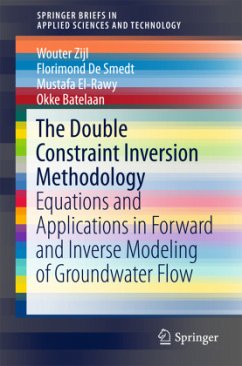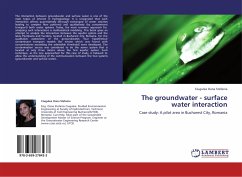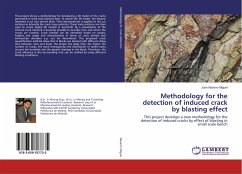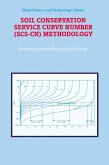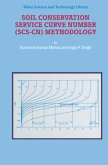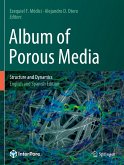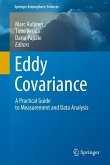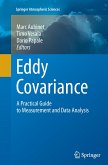This book describes a novel physics-based approach to inverse modeling that makes use of the properties of the equations governing the physics of the processes under consideration. It focuses on the inverse problems occurring in hydrogeology, but the approach is also applicable to similar inverse problems in various other fields, such as petroleum-reservoir engineering, geophysical and medical imaging, weather forecasting, and flood prediction. This approach takes into consideration the physics - for instance, the boundary conditions required to obtain a well-posed mathematical problem - to help avoid errors in model building and therefore enhance the reliability of the results. In addition, this method requires less computation time and less computer memory.
The theory is presented in a comprehensive, not overly mathematical, way, with three practice-oriented hydrogeological case studies and a comparison with the conventional approach illustrating the power of the method.
Forward and Inverse Modeling of Groundwater Flow is of use to researchers and graduate students in the fields of hydrology, as well as to professional hydrologists within industry. It also appeals to geophysicists and those working in or studying petroleum reservoir modeling and basin modeling.
The theory is presented in a comprehensive, not overly mathematical, way, with three practice-oriented hydrogeological case studies and a comparison with the conventional approach illustrating the power of the method.
Forward and Inverse Modeling of Groundwater Flow is of use to researchers and graduate students in the fields of hydrology, as well as to professional hydrologists within industry. It also appeals to geophysicists and those working in or studying petroleum reservoir modeling and basin modeling.

